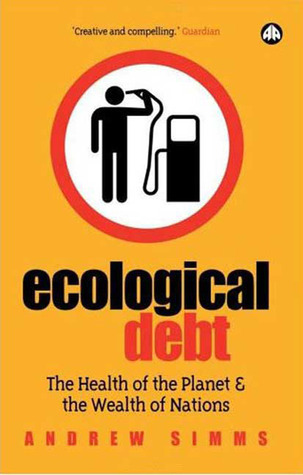What do you think?
Rate this book


'Creative and compelling.' Guardian
'Essential reading.' Head of the International Panel on Climate Change
If the whole world wanted to live like people in the United States we would need the resources of five planets like Earth. Simms shows how millions of us in the West are running up huge ecological debts: from the amount of oil and coal that we burn to heat our houses and run our cars, to what we consume and the waste that we create, the impact of our lifestyles is felt worldwide. Whilst these debts go unpaid, millions more living in poverty in the majority world suffer the burden of paying dubious foreign financial debts. The book explores a great paradox of our age: how the global wealth gap was built on ecological debts, which the world's poorest are now having to pay for. Highlighting how and why this has happened, he also shows what can be done differently in the future - and what steps we can take to stop pushing the planet to the point of environmental bankruptcy.
224 pages, Hardcover
First published January 1, 2005